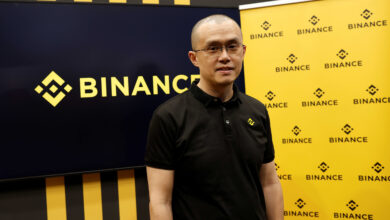Global NewsPolicies & RegulationsSecurity Tokens
Russia passes legislation for security tokens and digital assets

Russian legislators have passed the crypto law after fives years of discussions. The bill, titled “On Digital Financial Assets,” has had dozens of versions that have varied from one another massively. While the current version mentions digital currencies, it restricts buying goods and paying for services with crypto, while issuance and trading of digital currencies will be regulated by separate laws that will be discussed in the future.
According to the new law, digital financial assets, or DFAs, represent digital rights, including monetary claims, the possibility of exercising rights under issuable securities, the right to participate in the capital of a nonpublic joint-stock company, and the right to demand the transfer of issuable securities.
In a broad sense, this means that DFAs are tokenized securities. Basically, the new Russian law regulates the issuance, turnover and offering of tokenized assets.
DFAs can be purchased using fiat — Russian rubles and foreign currencies — and other DFAs. Additionally, in the secondary market, they can be exchanged for digital utility assets. But they can’t be purchased for crypto — I mean, “digital currencies.” That’s the name that they’ve chosen for crypto.
DFAs can be only issued on licensed issuance platforms that are operating in full compliance with incredibly strict regulations. In order to obtain the necessary license, a company must build an incredibly complicated structure that includes: internal control services, risk management services, etc.
This structure is similar to the one that professional participants of the capital market already have. Moreover, as all activities in this sector will be regulated by the Bank of Russia, one might think that the whole structure was designed for large financial institutions that already operate in the market.
The role of startups in the market will probably be limited to users of platforms — ones that are willing to raise capital for their businesses. But there is a significant hurdle here: Because the DFA infrastructure is quite closed, and one might say that it is quite isolated, it will be incredibly hard to attract foreign investors.
Outside of that, there are several technical requirements that issuance platforms must have, including performing Know Your Customer verification, and they must be able to freeze or confiscate assets if decided by authorities. However, there are no blockchain requirements for issuance platforms. Basically, the platform may be built without blockchain technology.





